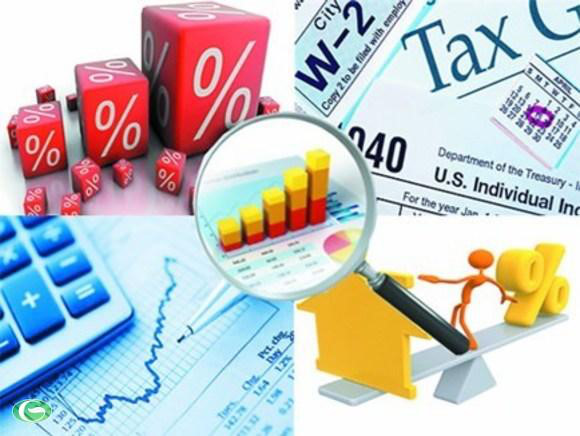HSBC Bank has predicted Vietnam’s inflation at 3.7% next year, driven by prices of a number of necessities and services such as healthcare, food and oil.

According to a report released on December 4, HSBC said oil and food prices are likely to make the difference in next year’s inflation.
Food prices, which peaked in 2016 due to drought, have edged down from the relatively bountiful harvest this year. However, with base effects fading by year-end, food prices are expected to gradually pick up in 2018, peaking at around the end of the second quarter and early in the third quarter.
Oil prices should follow a similar trajectory, potentially dragging headline prices above the State Bank of Vietnam’s (SBV) target inflation of 4% sometime mid-year. This brief uptick in inflation poses the risk that the SBV could hike rates, provided gross domestic product (GDP) growth remains robust and in line to meet the Government’s 6.5-6.7% target.
Meanwhile, healthcare prices should continue rising in light of the Government’s subsidy reforms, though growth rates should decline from their 2017 peak. Rising healthcare costs should remain the primary contributor to inflation in 2018, while the contribution of food and transportation costs should increase.
All this means that inflation risks are tilted to the upside, depending on how much food and oil prices increase. Rising healthcare costs should remain the primary driver of inflation, but higher oil and food prices will make the difference.
This means that the State Bank of Vietnam (SBV) will look to remain cautious, avoiding an unnecessary loosening for fear of runaway inflation and credit growth while also being wary of tightening to avoid a slowdown in the economy.
“The SBV expects inflation of less than 4% in 2018, and we forecast it to register at around 3.7%, higher than the 3.5% that we’ll likely see this year. Meanwhile, we expect growth to come in at around 6.4% in 2018, slightly down from our forecast of 6.6% for this year,” HSBC said in the report.
The stable growth and still-benign inflation outlook means that the SBV will likely keep the refinancing rate on hold at 6.25%, with potential for tightening back to 6.5% if inflation significantly exceeds the SBV’s target rate.
HSBC also expected GDP growth to remain robust driven by a continued expansion in the manufacturing and services sectors.
Vietnam has often relied on the strength of its manufacturing sector for growth, as it is one of its primary sources of production and employment.
In conjunction with manufacturing’s rise, however, has also been an upswing in Vietnam’s services sector, particularly in the retail and transportation industries, due to higher domestic consumption and tourist arrivals.
The bank expected these two sectors, manufacturing and service, which now contribute around 55% of GDP, to remain significant contributors to growth in 2018.
SGT